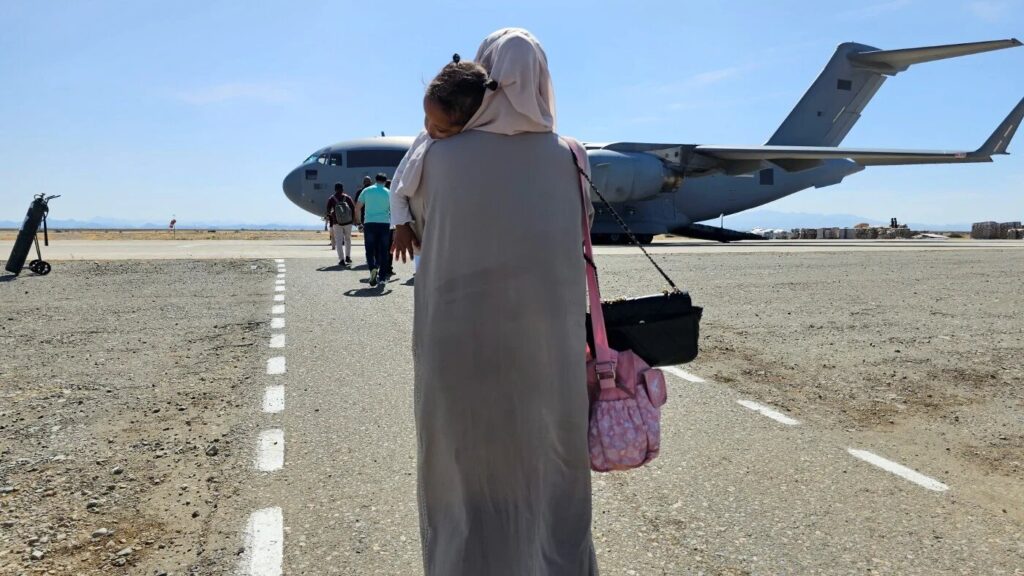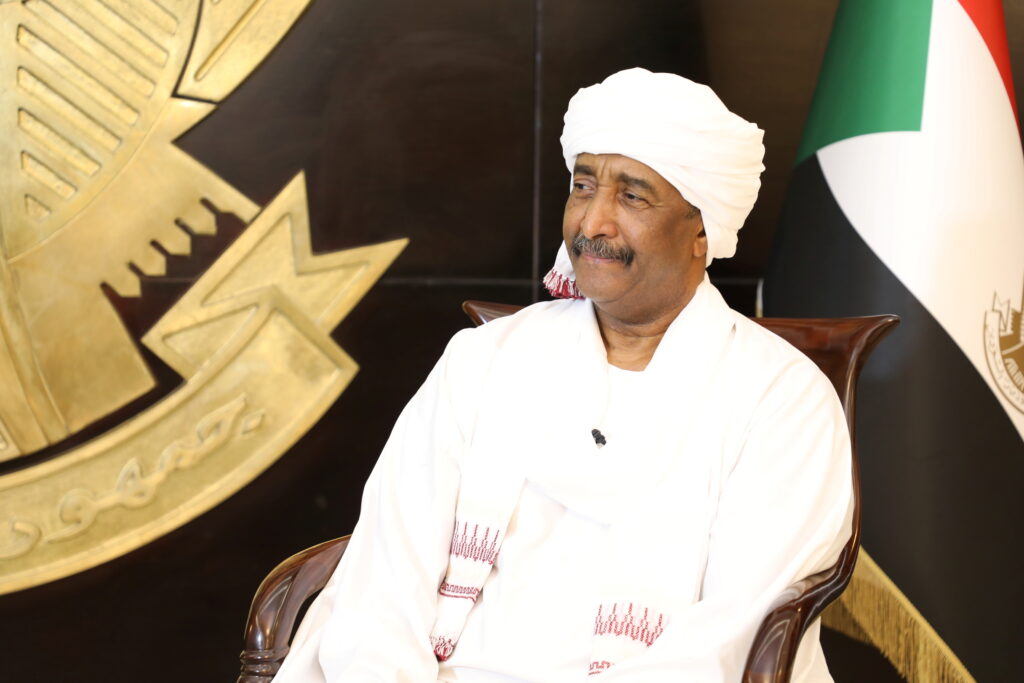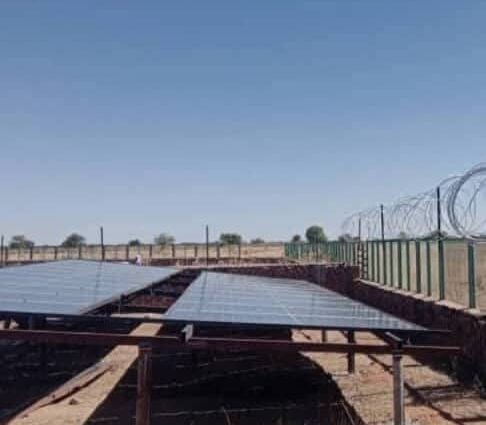
The Sudanese passport, once a guaranteed constitutional right, has increasingly become a tool used by the Port Sudan junta to punish activists, silence dissent, and tighten political control. Reports of confiscations and arbitrary bans on renewing passports have mounted, drawing concern from rights groups and the United Nations.
Civil and political activist Najm al-Din Drisa, based in Kampala, told Al-Taghyeer how he was denied a renewed passport despite completing all procedures and paying $250 in fees. After multiple delays, embassy officials informed him that his name was “banned” by order from Port Sudan. Drisa, a former spokesperson for the Civil Forces Alliance (Qimam), said the move amounted to “piracy,” stressing that passports are a constitutional right.
Legal experts confirm the bans stem from pre-compiled lists issued by Abdel Fattah al-Burhan’s SAF-led junta in Port Sudan. According to Emergency Lawyers’ Association member Mohamed Salah, these restrictions are being applied without formal charges or court orders, violating international law and Sudanese citizenship rights. Previously, citizens were informed of travel bans before applications were processed, but junta officials now collect fees and complete paperwork before withdrawing documents.
Critics argue this policy disproportionately targets political opponents, human rights defenders, and communities seen as sympathetic to the Rapid Support Forces (RSF). Residents of Nyala, El Geneina, and Ed Daein are often unable to obtain documents, deepening national fragmentation.
Human rights lawyers warn the bans constitute a systematic denial of identity rights. “No authority can revoke a passport without legal justification,” Salah said, calling the practice an abuse of state institutions. The lack of transparency has fueled accusations of personal vendettas, including claims that Sudan’s new attorney general is pursuing revenge after being dismissed during Abdalla Hamdok’s government.
International experts stress that restricting freedom of movement without judicial oversight violates international conventions. UN officials, speaking in a recent Sudan Defenders webinar, said such bans should only be imposed for clear reasons such as national security or public health, and must allow for appeals.
Civil society groups have begun submitting complaints to UN mechanisms, arguing that Sudan’s SAF junta is weaponizing documentation to entrench power and suppress opposition. Meanwhile, activists note the contrast with the rival “Tasis” government, which calls for unity and peace.
As Sudan remains divided between two competing powers, the denial of passports has emerged as a new front in the struggle—one that strips citizens not only of mobility, but also of their basic identity.



